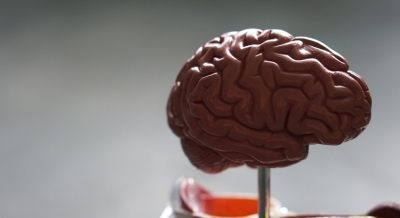Health
Evidence grows to show air pollution can raise Parkinson’s risk

New Delhi, Sep 24
Evidence is increasing to show the link between air pollution and the risk of Parkinson’s disease, health experts said on Tuesday.
More than 10 million people worldwide are living with Parkinson's disease. India alone shares almost 10 per cent of the global burden of Parkinson's disease.
A recent study, published in the JAMA Network Open, showed higher levels of particulate matter (PM2.5) and nitrogen dioxide (NO2) exposure were associated with increased risk of Parkinson's.
“Yes, there is growing evidence that air pollution can increase the risk of developing Parkinson’s disease,” Dr Anshu Rohtagi Senior Neurologist, Sir Ganga Ram Hospital, told IANS.
“Recent studies have shown that exposure to pollutants like PM2.5 and NO2 can also worsen Parkinson’s symptoms,” Rohtagi added.
PM2.5 is a harmful substance that can penetrate the lungs and affect our health. It can come from natural sources like volcanoes and deserts or human activities like industry, cars, agriculture, domestic burning, and climate change-related fires.
Besides Parkinson's, PM2.5 has been linked to various health issues, including asthma, reduced lung health, increased risk of cancer and heart disease, and diabetes, and Alzheimer's.
The World Health Organization (WHO) recommends an annual average concentration of 5 micrograms per cubic meter air (5 ug/m³) as very good air quality. However, 99 per cent of the world's population lives with concentrations above this value.
Rohtagi said higher levels of air pollution, particularly in metropolitan areas, are associated with a greater risk of developing Parkinson’s disease.
For those already diagnosed with Parkinson’s, exposure to air pollution can lead to more severe disease progression and symptoms.
“Pollutants like PM2.5 can cross the blood-brain barrier, causing inflammation and oxidative stress, which are believed to contribute to the development and progression of Parkinson’s disease,” the expert noted.



































